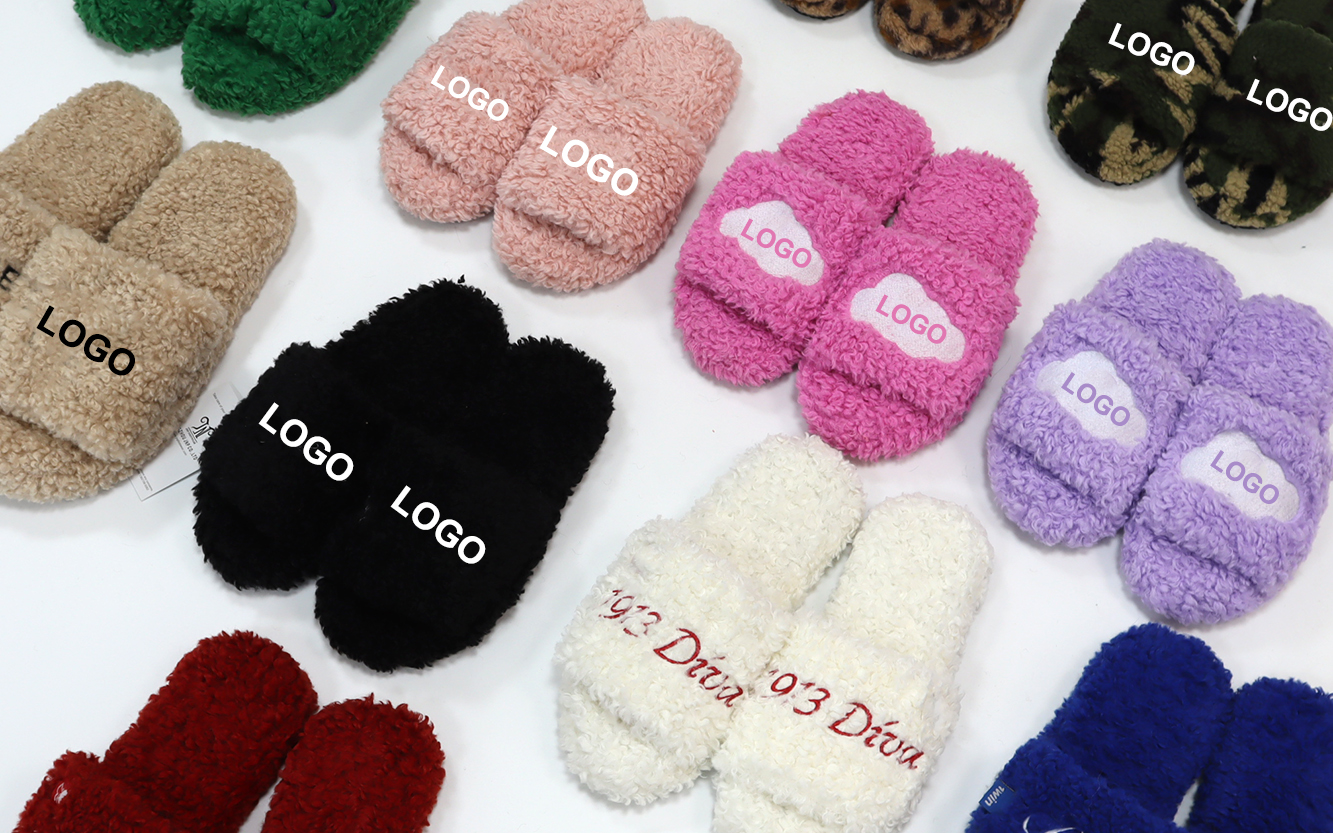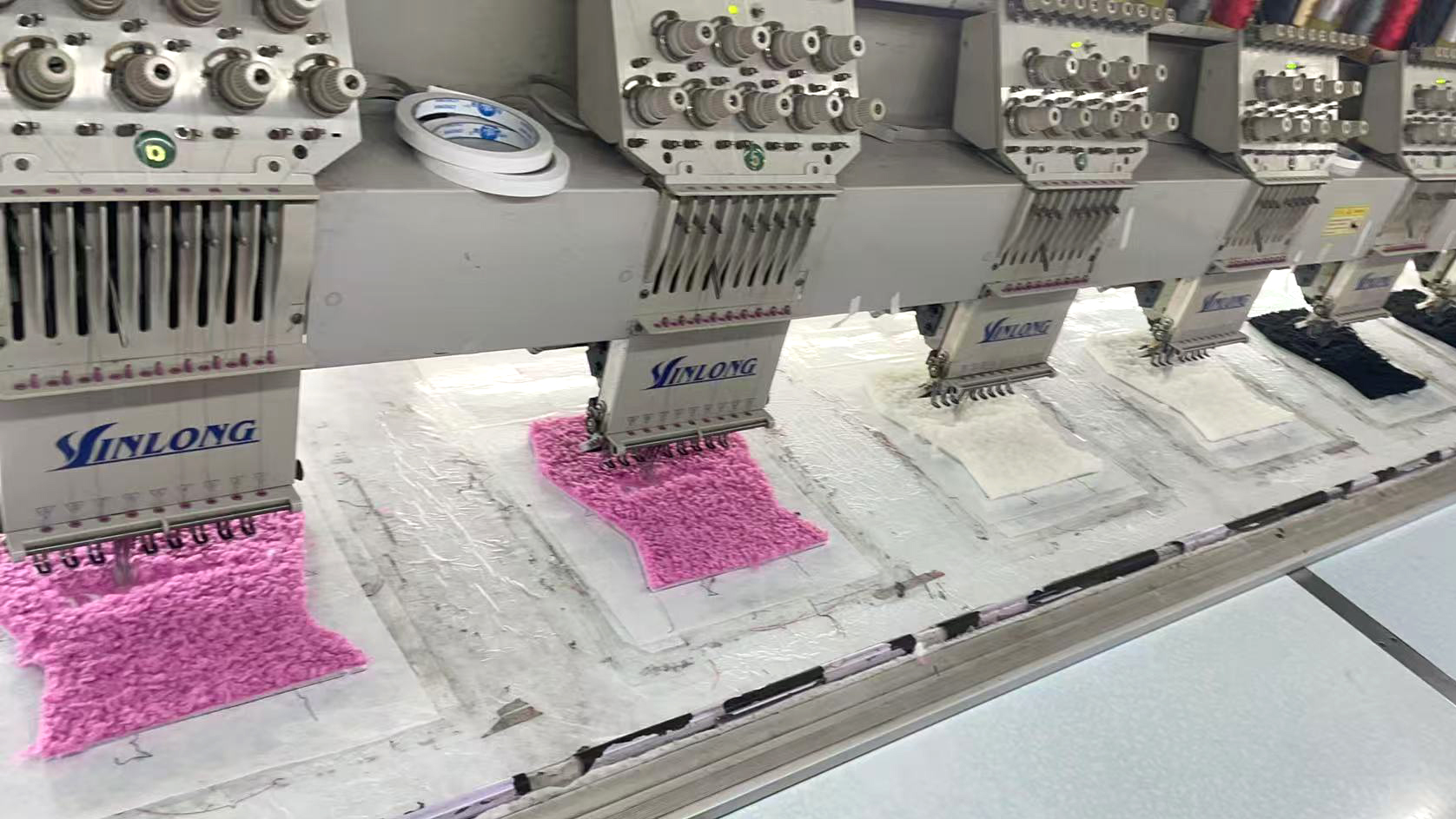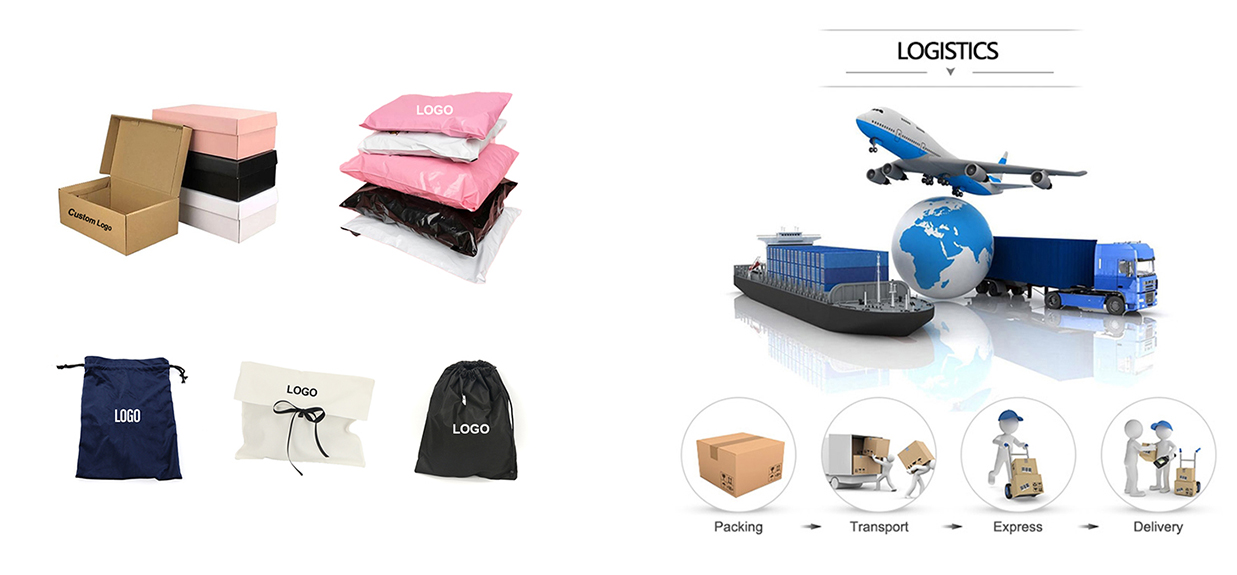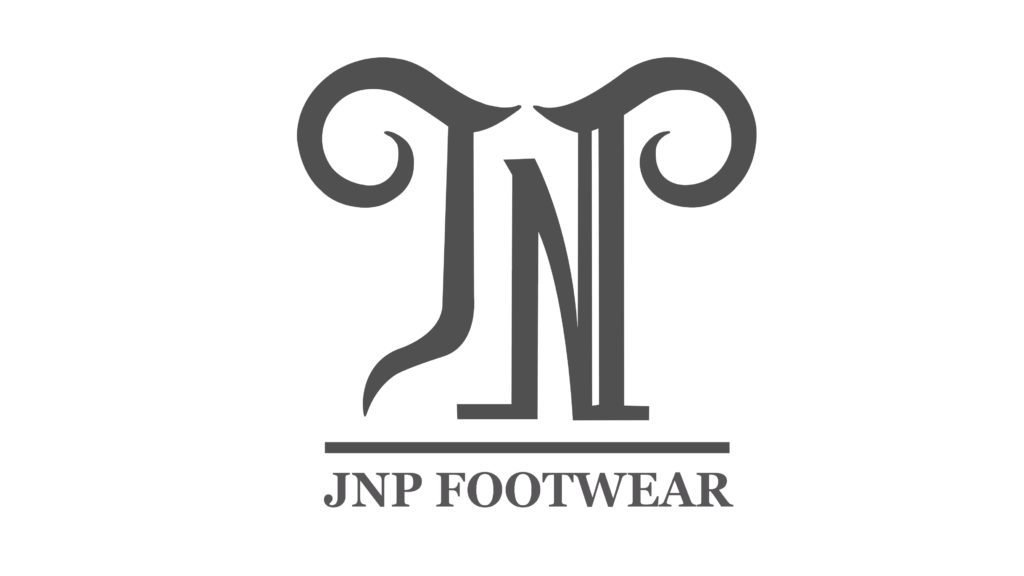More brands now feel stuck trying to stand out in a crowded market—but one strategy keeps rising: personalization and custom branding1.
Retailers and B2B brands are turning to personalization because it helps products stand out, strengthens customer loyalty, and increases repeat business.

If you’re selling similar products as everyone else, what makes people choose you? Customization2 is now a must. Customers expect it. Whether they want a unique design, a logo-embossed sole, or eco-conscious packaging3, brands that offer personalization win attention and loyalty.
Are Personalized Products Actually in Demand?
More buyers, especially younger ones, want products that reflect their style. But many B2B sellers still treat customization as an “extra,” not a standard.
Yes—consumers increasingly expect personalized products4, and brands offering them often see better customer engagement, retention, and sales performance.

Dive Deeper: Why Does Personalization Matter So Much Now?
Let’s break this down:
| Driver | Explanation |
|---|---|
| Rising competition | Everyone’s offering the same base products, so differentiation matters more. |
| Consumer expectation | Gen Z and Millennials5 expect brands to reflect their identity. |
| E-commerce trends | Online buyers6 rely on branding and uniqueness to make purchase decisions. |
| Tech makes it easier | Tools and production methods7 now allow low-MOQ customization. |
At JNP, many of our clients—especially designer brands like Amelie and young online brands like Rural—demand unique slippers with detailed branding. They don’t just want a product. They want their story told through that product. And our flexibility with low MOQs and trend-based designs helps make that happen, fast.
How Do Custom Logos and Branding Add Value?
Buyers sometimes think branding just means sticking a logo on something—but it’s more than that. It’s about owning the product story8.
Custom branding builds brand memory and recognition, increasing repeat sales and perceived value without raising the cost much.

Dive Deeper: Where Does Branding Make the Biggest Difference?
Let’s look at the impact zones of custom branding:
Top 3 Branding Touchpoints for Slippers:
| Touchpoint | Branding Opportunity | Effect |
|---|---|---|
| Product itself | Logo on footbed, labels, heel tags | Immediate recognition |
| Packaging | Branded boxes, eco-message inserts9 | Unboxing experience, emotional connection |
| Marketing photos | Consistent styling and color language10 | Builds aesthetic cohesion for e-commerce |
From my experience, even simple branded tags or footbed logos give our clients an edge. For example, Rural relies on a consistent logo placement and design style that speaks to their Gen Z buyers. It’s not about big budgets—it’s about smart design.
Is It Possible to Offer Personalization with Small Orders?
Many factories still resist small quantity customization. That frustrates brand owners. They want flexibility without being forced to overstock.
Yes—if your supply chain is agile11, low MOQ customization is very possible, even for trending styles.

Dive Deeper: How Do We Make Small-Batch Customization Work?
At JNP, we built our business model around flexibility. Here's how:
How We Handle Small-Order Customization:
| Factor | Our Solution |
|---|---|
| Production scalability | 8 partner factories that can flex up/down per project |
| Eco-material sourcing | Options available for small batches without bulk purchasing waste |
| Communication | Clear SOPs and repeat confirmations to avoid errors |
| Trend responsiveness | Regular design updates12 to match seasons and styles |
Clients like Rural really value this. Their entire model depends on fast testing of new styles. We help them keep their catalog fresh without locking capital into large stock.
Can Customization Still Be Eco-Friendly?
Many brands now feel a tension: They want unique products, but also want to meet sustainability goals.
Yes—personalized products can be eco-friendly13 if designed smartly with renewable materials and efficient sourcing.

Dive Deeper: How to Align Branding with Eco Values?
Customization doesn’t have to mean waste. Here's how we balance both:
Eco + Custom = Smart Production Strategy
| Element | What We Do |
|---|---|
| Materials | Offer renewable wool, recycled fabrics14, and eco-tested materials |
| Production | Assign factories with eco-certifications15 and efficient waste management |
| Packaging | Provide eco-themed packaging inserts to communicate brand values |
| MOQ logic | Align production runs with real sales data to avoid overproduction |
For example, our client Amelie is extremely sensitive about the origin and impact of materials. By working with audited factories and providing eco-certificates, we help her brand keep its sustainability promise—while still offering sophisticated product customization.
Conclusion
Customization isn’t just a trend16. It’s the new baseline. Brands that personalize their products—and their story—stand out and stay top of mind.
Footnotes
-
Personalization and custom branding helps companies differentiate in saturated markets and improve customer loyalty. ↩
-
Customization creates a sense of ownership and emotional attachment between customers and products. ↩
-
Eco-conscious packaging is a strong brand signal and aligns with modern sustainability expectations. ↩
-
Market research shows a growing consumer preference for products that reflect personal identity. ↩
-
Gen Z and Millennials expect brands to be personal, ethical, and expressive of individuality. ↩
-
Online shoppers use product uniqueness and aesthetic branding to inform purchasing decisions. ↩
-
Advances in printing, laser engraving, and digital mockups make low-MOQ customization viable. ↩
-
A brand story told through products deepens emotional connection and consumer loyalty. ↩
-
Eco-message inserts are a simple but effective way to communicate brand ethics and environmental values. ↩
-
Consistent visual language in product photos boosts brand recognition and trust on e-commerce platforms. ↩
-
An agile supply chain enables responsive, flexible production that supports small orders. ↩
-
Regular updates allow brands to stay aligned with seasonal or trend-driven consumer demand. ↩
-
Smart sourcing and lean production techniques make it possible to be both custom and eco-friendly. ↩
-
Recycled fabrics reduce environmental impact while meeting consumer demand for sustainability. ↩
-
Eco-certified factories adhere to strict environmental practices, boosting brand credibility. ↩
-
Personalization has shifted from being a luxury to a customer expectation in modern retail. ↩

